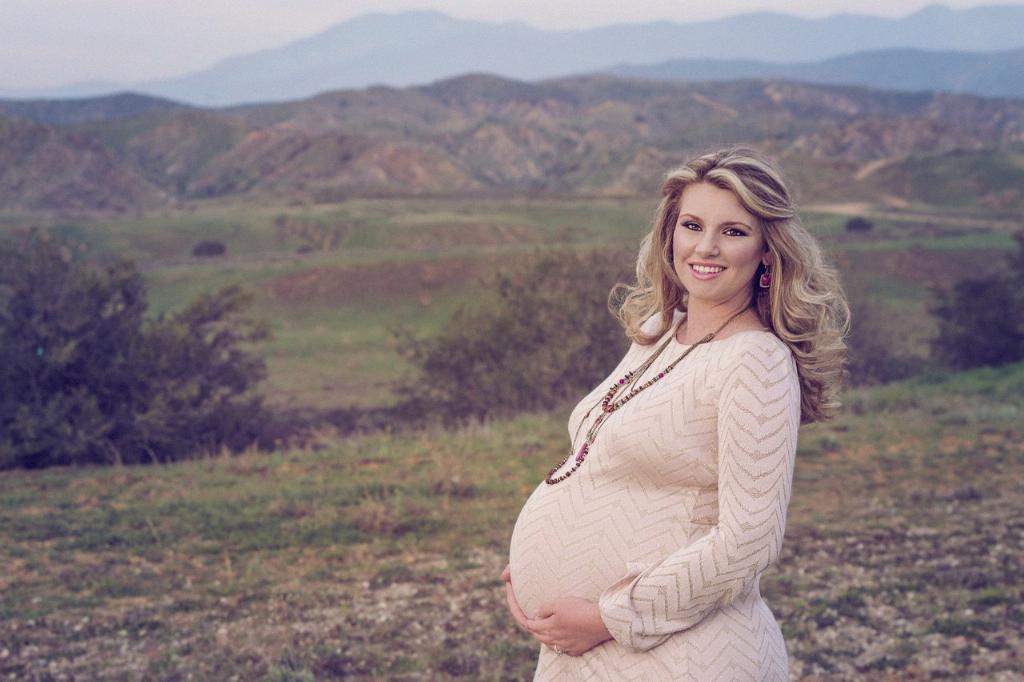During pregnancy, experiencing changes in appetite is a common occurrence for many women. The timing of when this shift in hunger typically occurs can vary significantly among individuals. Factors such as hormonal fluctuations, metabolic changes, and individual preferences can all impact the onset of increased appetite during pregnancy.
According to expert insights from dietitian and lactation consultant Meghan McMillan, MS, RDN, CSP, IBCLC, it has been observed that the majority of women tend to notice a significant increase in hunger around the midpoint of their pregnancy, typically around 20 weeks gestation. This observation highlights the variability in the timeline for when appetite changes may manifest in pregnant individuals.
For some women, changes in appetite may be noticeable in the early stages of pregnancy, possibly within the first trimester. During this period, hormonal shifts, such as an increase in progesterone levels, can influence appetite levels and cravings. However, the extent of appetite changes during this early stage may vary widely among pregnant individuals.
Interestingly, the concept of “eating for two” during pregnancy is a common belief that has been debunked by experts. While it is essential to consume adequate nutrients during pregnancy to support both maternal and fetal health, the focus should be on quality rather than quantity. Understanding hunger cues and making nutritious food choices can help in meeting the body’s increased demands effectively.
It is important for pregnant women to listen to their bodies and pay attention to hunger signals throughout each trimester. Keeping track of appetite patterns and incorporating a variety of nutrient-dense foods can support optimal maternal health and fetal development. Consulting with a healthcare provider or a registered dietitian can also provide personalized guidance on meeting dietary needs during pregnancy.
Furthermore, factors such as morning sickness, food aversions, and dietary restrictions may also influence appetite changes during pregnancy. Nausea and vomiting, common early pregnancy symptoms, can impact food intake and appetite levels. Working with healthcare professionals to manage these symptoms and ensure adequate nutrition is essential for maternal and fetal well-being.
As pregnancy progresses, the body’s metabolic demands increase to support the growing baby. This rise in energy expenditure can contribute to fluctuations in appetite and cravings. Balancing nutrient intake with caloric needs is crucial for maintaining a healthy pregnancy weight and supporting optimal maternal-fetal outcomes.
Every woman’s pregnancy journey is unique, and the timing of appetite changes can vary widely. While some women may experience increased hunger early on, others may notice these shifts later in pregnancy. Regardless of when appetite changes occur, prioritizing nutrient-rich foods, staying hydrated, and paying attention to hunger cues are essential practices for promoting overall well-being during pregnancy.
In conclusion, the onset of increased appetite during pregnancy can differ among women, with some noticing changes early on, while others may experience them later in gestation. By staying attuned to hunger signals, making healthy food choices, and seeking guidance from healthcare professionals, pregnant individuals can navigate appetite changes effectively and support their own and their baby’s nutritional needs throughout pregnancy.

